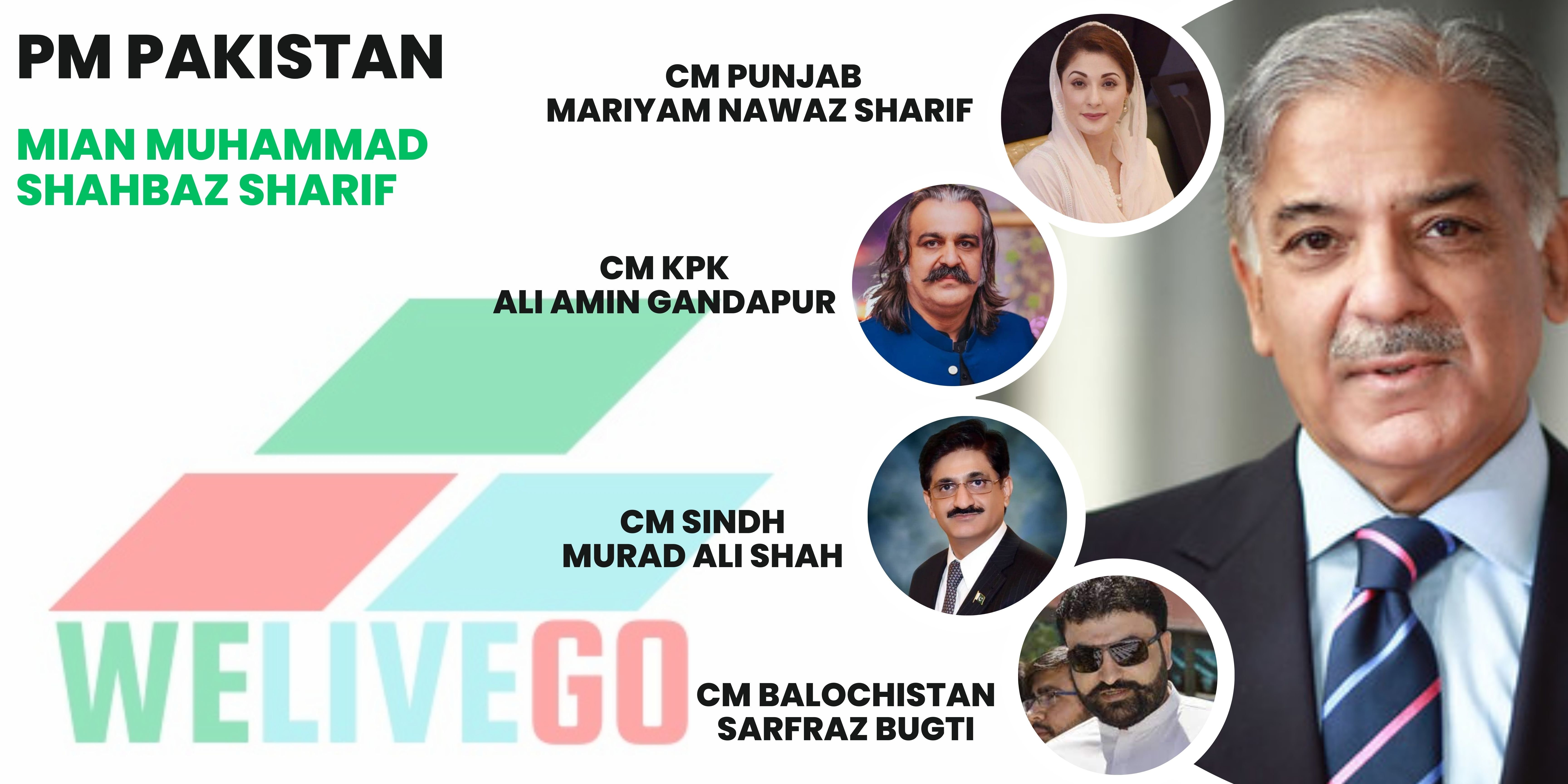Election date announcement will be made by the ECP, the law ministry informs the president.
ISLAMABAD: On Wednesday, the Ministry of Law and Justice informed President Arif Alvi that the ECP is the "competent authority to announce or appoint date" for holding and conducting general elections to the national and provincial assemblies.
In response to the president's letter requesting the ministry's opinion on ECP's assertion that the election watchdog didn't need to consult the president when deciding the election date, the ministry answered through its secretary.
President Alvi wrote the ministry last week to request "advice" over the ECP's letter, which claimed that the head of state no longer had the authority to set the date for the elections.
The President House announced on X, formerly known as Twitter, that Alvi had written a letter to the secretary of the ministry on the ECP's answer to the letter he had submitted for a meeting to set the election date.
After changes to election legislation, the ECP responded to the president's letter inviting Chief Election Commissioner (CEC) Sikandar Sultan Raja by claiming that he was no longer authorized to choose the date for elections.
The development occurred during a meeting that CEC Raja presided over to consider the situation and come to the conclusion that the meeting would be of "scant consequence."
According to Dr. Alvi's letter to the CEC, since the National Assembly was dissolved on August 9, 2023, in accordance with Article 48(5) of the Constitution, he (as the president) was required to set a date for the holding of the general election of the National Assembly that was not later than 90 days from the date of dissolution.
In its response to the ministry today, the ministry stated that Article 48(5) only allows the president to set a date for the National Assembly general elections when the lower house has been dissolved by the head of state "invoking Article 58(2) of the Constitution of Pakistan."
According to Article 58(1) of the Constitution, the National Assembly was dissolved in the current situation on the Prime Minister's recommendation. Please take note that the advise provided under Article 58(1) is more binding than the advice provided under Article 48(1). Contrary to Article 48(1), which allows the President to send the advise back for reconsideration, Article 58(1) does not allow the President to do so. The advise under Article 58(1) takes effect at the end of forty-eight (48) hours, which shows that the President has no discretion other than to implement the advice, according to the ministry.
The letter added that Article 48(5) "by no stretch of the imagination" covers the dissolution of the National Assembly pursuant to Article 58(1).
"It is crucial to note that even if, for the sake of argument, the President's opinion were to be accepted, the President would only be able to set a date for the National Assembly's general elections and not for the Provincial Assemblies, which would negate the goal of holding and conducting elections for the entire nation. Therefore, section 57(1) of the Elections Act, 2017 was amended to give the Election Commission of Pakistan the authority to announce the date or dates for general elections throughout the nation. As a result, the Election Commission of Pakistan now has the authority to announce or designate a date for general elections, according to the ministry.
Additionally, it was indicated that, barring Punjab, the governors would set dates for the other three provincial assemblies and the ECP would set a date for Punjab if the president's position were to be adopted.
In light of this, it is quite likely that the general elections for the National Assembly and the four (4) Provincial Assemblies would take place on different days. This cannot happen, and if it does, it will jeopardize the conduct of free and fair elections nationwide, according to the ministry.
The ministry came to the conclusion that the ECP is the "competent authority to announce or appoint a date for holding and conducting general elections to the National Assembly and the provincial assemblies" in accordance with Articles 48, 58, 218 and 222 read in conjunction with Section 57 of the Elections Act, 2017.




Leave A Comment